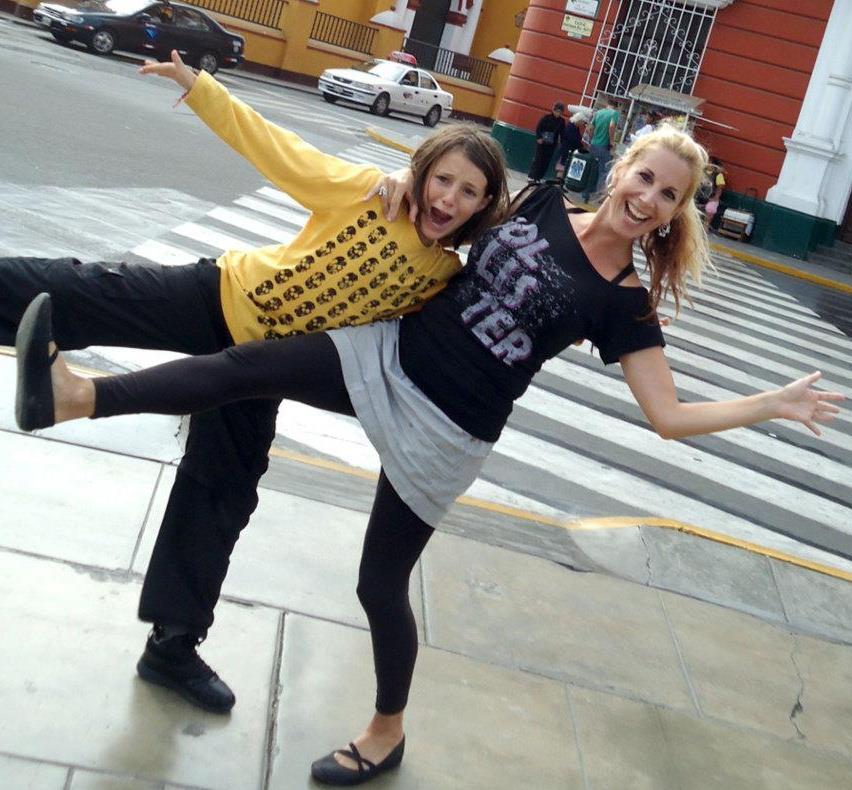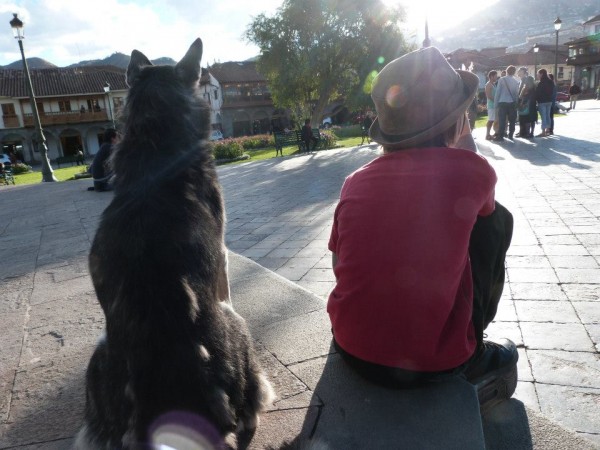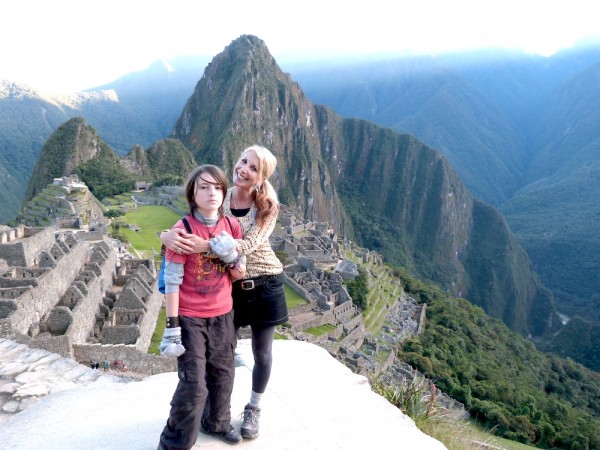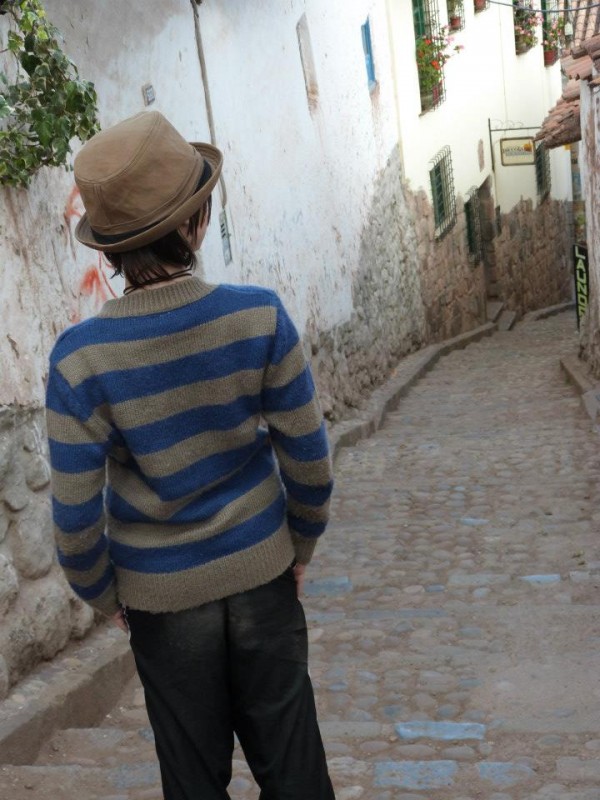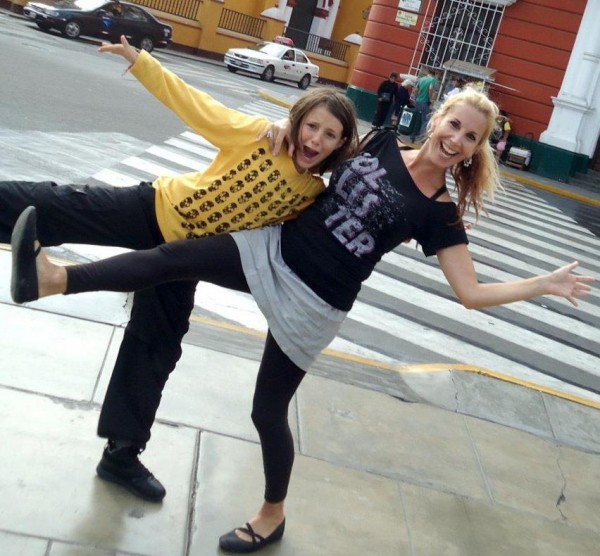1. They’ll learn a language through complete immersion.
There’s no doubt children learn languages much more quickly than adults. In fact, I’m jealous how my son Miro has become fluent in Spanish through listening, interacting, and play versus any formal study.
Experts will urge language learners to immerse themselves in the language and culture; I’d urge children to play with other native speakers. That’s the quickest and most natural way to learn, in my opinion. Long-term, slow, immersive travel grants the opportunity for children to interact, and when a non-speaker plays with a group of children who don’t speak English, all play happens in their native language. This is where I’ve seen Miro absorb vocabulary and syntax effortlessly.
There’s no doubt in my mind, play is the best and most natural way to learn a language.
